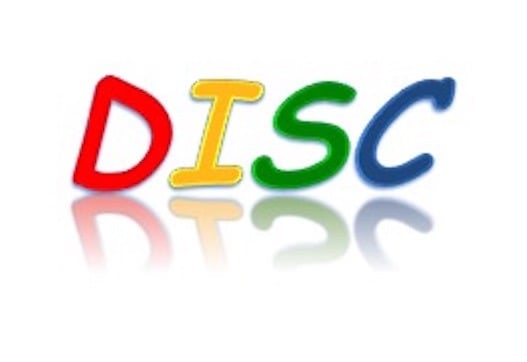Once you are familiar with the DISC-styles, you will find some people are easier to identify.
You will quickly think to yourself, “she is a D-style” or “he is an S-style.” Individuals with one predominant style are fairly easy to identify.
You will quickly think to yourself, “she is a D-style” or “he is an S-style.” Individuals with one predominant style are fairly easy to identify.

Where everyone is increasingly frustrated as both sides keep talking? We all have. Interactions in a team or group is often diverse, involves different communication styles, and can take effort. You don’t always understand where your team members are coming from, what are they really asking you, and what their intentions truly
Only catch was they had to make decisions about which person to choose for their date even before seeing the person. Each contestant had a set of questions he/she wanted to ask to help to make the right choice. For example, “what is your favorite sports activity?”

It’s now official: I am getting old. The moment happened when I was part of a conversation involving how entitled the Millennials are. Millennials or Generation Y, are the demographic group following Generation X, range in age from teen to early 30s. Apparently, they have an enormous amount of self-esteem that is simply not

Skiing was a big part of my childhood. I have great memories of spending time on the slopes with my family. While skiing is typically viewed as an individual sport, it is also happens to be a great family activity. Not only do you often ski together, but you also have time for uninterrupted conversations on the chairlifts. No smartphones, just the opportunity to have quality time with your most
At the time, it seemed so important to fit into a group, small or large. The peer pressure to “fit in” and have a social identity was strong and at times, challenging. More than likely, it was with a group whose style matched your own or whose style you were

I cannot remember which alternative was more exasperating. It did not really matter because I was just plain frustrated. How could my point not have gotten across?

This particular client company had a common problem that we often see in countless and varied organizations. There are no companies that seem to be immune to it. Managers are cloning themselves. They were hiring people that closely mirrored who they are – people
Her deliberate, steady pace of speech and her highly detailed questions were clear giveaways. This was my first conversation with Debbie. She is a corporate trainer at one of our client companies. Debbie was preparing for the “train-the-trainer” session that we were going

Over the next few weeks I found her to be friendly, easy to talk to, and interested in interacting with me. This seemed like a co-worker I wanted to be part of my special projects team.